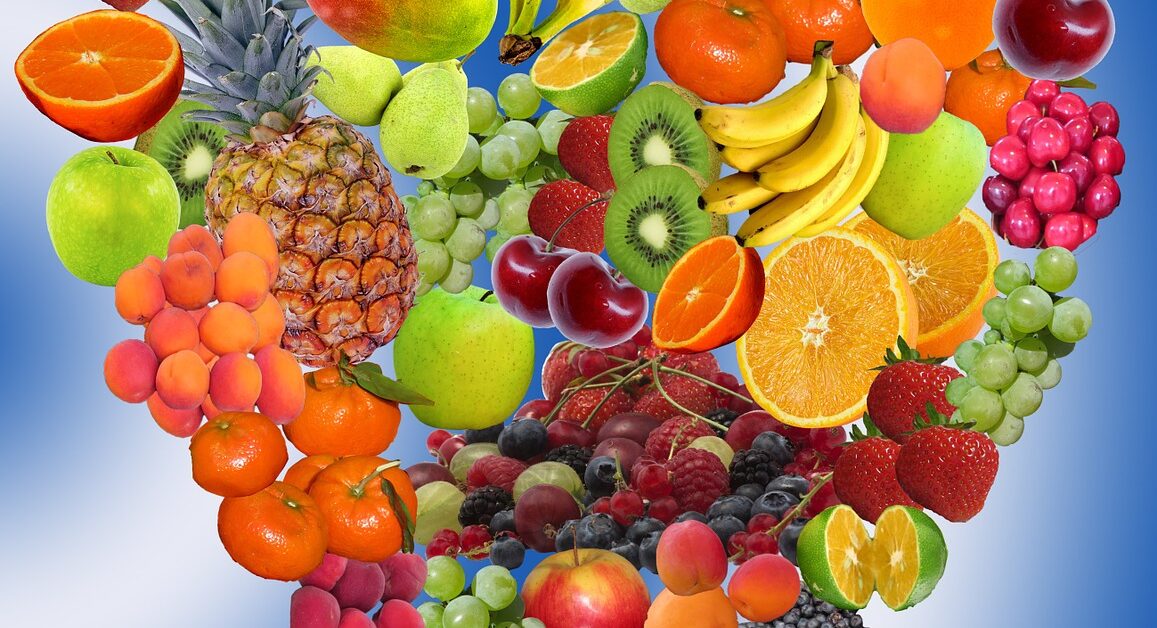Why Become a Vegetarian?
There are numerous reasons why people choose to become vegetarians. Some do it for ethical reasons, as they believe in the rights of animals and do not want to contribute to their suffering. Others choose a vegetarian lifestyle for health reasons, as a plant-based diet has been linked to a lower risk of heart disease, obesity, and certain types of cancer. Additionally, becoming a vegetarian can also have a positive impact on the environment, as the meat industry is a major contributor to greenhouse gas emissions and deforestation. If you are considering becoming a vegetarian, here are some steps to help you make the transition:
Educate Yourself
Before making any major dietary changes, it is important to educate yourself about vegetarianism. Learn about the different types of vegetarian diets, such as lacto-ovo vegetarian (includes dairy and eggs), lacto-vegetarian (includes dairy but not eggs), and vegan (excludes all animal products). Understand the nutritional requirements of a vegetarian diet and how to ensure you are getting all the necessary nutrients. There are plenty of books, websites, and documentaries available that can provide valuable information and insights.
Start Slowly
Transitioning to a vegetarian diet can be overwhelming if you try to do it all at once. Instead, start slowly by gradually reducing your meat consumption. Begin by designating certain days of the week as “meatless days” and experiment with vegetarian recipes. This will help you get used to the idea of not having meat as the main component of your meals. As you become more comfortable, you can increase the number of meatless days until you are ready to fully commit to a vegetarian lifestyle.
Explore Plant-Based Protein Sources
One of the concerns people often have when considering a vegetarian diet is whether they will be able to get enough protein. However, there are plenty of plant-based protein sources available. Legumes such as lentils, chickpeas, and black beans are excellent sources of protein. Other options include tofu, tempeh, seitan, and edamame. Nuts, seeds, and whole grains also contain protein. By incorporating a variety of these foods into your diet, you can easily meet your protein needs as a vegetarian.
Plan Your Meals
Meal planning is essential when transitioning to a vegetarian diet. Take some time each week to plan your meals and make a grocery list. This will help you ensure that you have all the necessary ingredients on hand and prevent you from resorting to unhealthy convenience foods. Experiment with different recipes and try to include a variety of fruits, vegetables, whole grains, and plant-based proteins in your meals. Planning ahead will make it easier to stick to your vegetarian diet and avoid any feelings of deprivation.
Seek Support
Having a support system can be incredibly helpful when making any lifestyle change, including becoming a vegetarian. Seek support from friends, family, or online communities who share your values and goals. They can provide encouragement, share recipes, and offer advice based on their own experiences. Connecting with like-minded individuals can make the transition to a vegetarian lifestyle feel less daunting and more enjoyable.
Be Mindful of Nutrient Deficiencies
While a well-planned vegetarian diet can provide all the necessary nutrients, there are a few nutrients that vegetarians need to pay extra attention to. These include vitamin B12, iron, calcium, and omega-3 fatty acids. Vitamin B12 is primarily found in animal products, so it is important for vegetarians to consider supplementation or consume fortified foods. Iron can be obtained from plant-based sources such as legumes, tofu, and spinach, but it is important to consume it with vitamin C-rich foods to enhance absorption. Calcium can be found in dairy products for lacto-vegetarians, but for vegans, it is important to include fortified plant-based milk and calcium-rich foods like leafy greens and tofu. Omega-3 fatty acids can be obtained from flaxseeds, chia seeds, walnuts, and algae-based supplements.
Enjoy the Journey
Becoming a vegetarian is a personal journey, and it is important to enjoy the process. Embrace the opportunity to try new foods, experiment with different flavors, and discover creative ways to prepare plant-based meals. Focus on the positive aspects of your decision, whether it is for your health, the environment, or animal welfare. Remember that every meal you choose to eat as a vegetarian is making a difference, and be proud of the positive impact you are making in the world.
